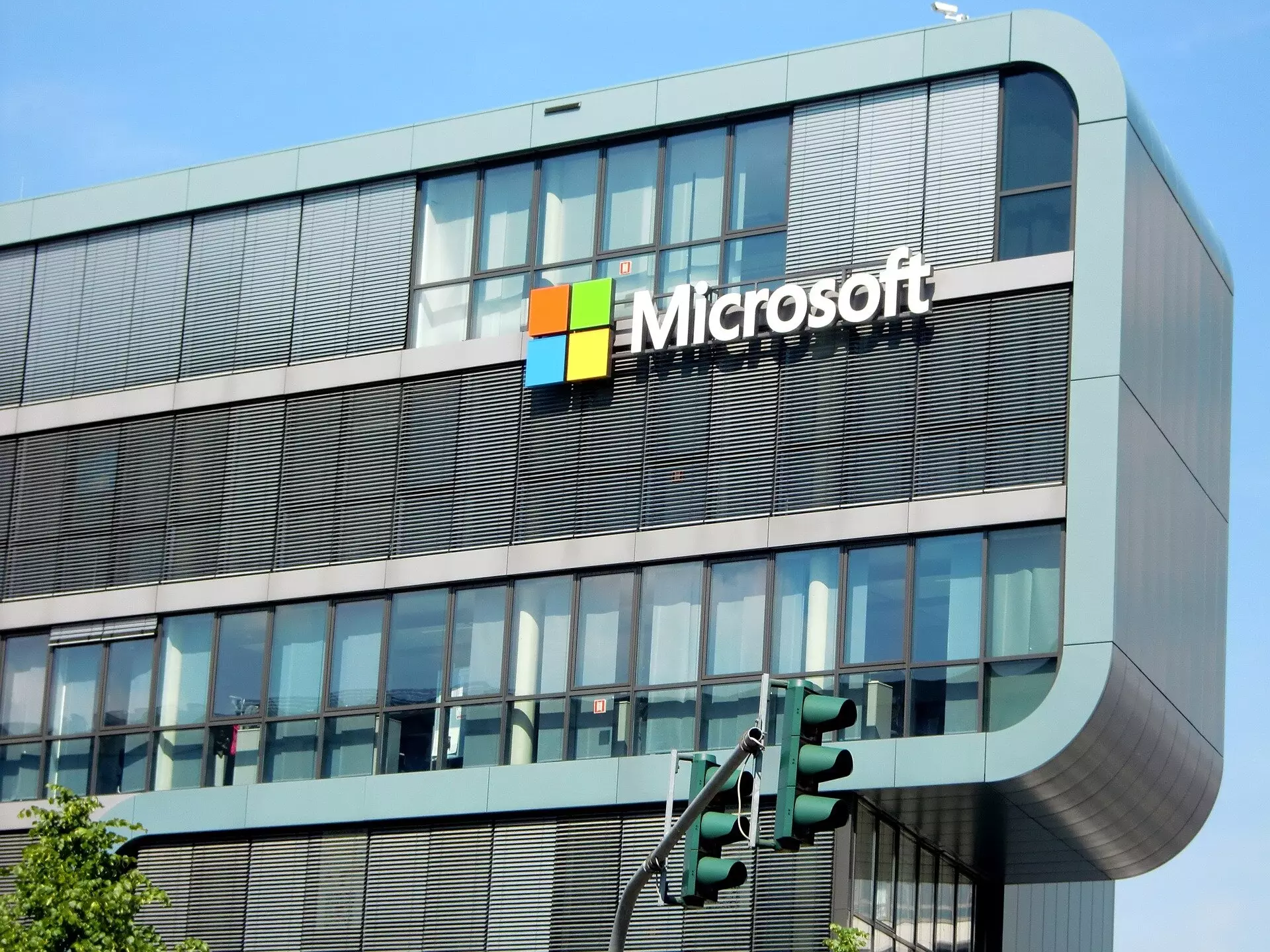Microsoft Corp. is set to launch its highly anticipated AI assistant for Windows on September 26th, with the Office AI app to follow on November 1st. These new AI-powered assistants, known as Copilot, are part of Microsoft’s ongoing efforts to integrate generative artificial intelligence into its products. At an event in New York, Microsoft CEO Satya Nadella highlighted how the Copilot assistants will provide a unified experience across different operating systems, applications, and devices. For example, users can command Copilot to find a flight booking from text messages, demonstrating the AI’s ability to extend beyond the immediate context and deliver “magical and empowering” moments.
Over the past year, Microsoft has been working to incorporate AI technology into its major products. This move involves leveraging the GPT-4 technology from OpenAI, in which Microsoft has invested a whopping $13 billion. Windows, Office, Bing search, security software, and customer/finance products have all been adapted to incorporate AI-driven features. This effort aligns with the industry trend, as Microsoft’s rivals such as Alphabet Inc. and Salesforce Inc. are also developing their own AI tools to streamline tasks and enhance customer experiences.
Previously announced in March, the Office AI app has been undergoing testing with approximately 600 customers. This powerful tool allows workers to utilize data from the web and their company’s internal information to perform various tasks, such as analyzing spreadsheets, creating slide shows, and predicting future business issues. With a monthly cost of $30 per user on top of existing business subscriptions, the Office AI app aims to revolutionize the way professionals handle their everyday work.
In May, Microsoft unveiled its plans for the AI assistant on Windows. Users will have easy access to the assistant through a taskbar button, which opens a side panel for interaction. The Copilot tool offers several functionalities, including copying and pasting text, rewriting content, summarizing information, and providing explanations. It can also answer questions, similar to the Bing AI chat. Microsoft demonstrated how users can copy an email containing information about nearby activities and attractions, and Copilot seamlessly provides the corresponding locations. The software even has the capability to show distances in time instead of miles, catering to users’ preferences.
Additionally, Microsoft has been conducting tests with a group of consumers and small businesses to gauge the effectiveness of the Office AI tools. This practical approach allows the company to gather real-world feedback and further refine the AI assistant’s capabilities, ensuring that it meets the needs of a diverse user base.
Microsoft’s foray into the world of AI continues with the launch of Copilot, its AI assistants for Windows and Office. By integrating AI technology into its products, Microsoft aims to provide a unified experience that transcends traditional boundaries. With the ability to generate new content and leverage massive datasets, these AI-powered assistants promise to enhance productivity and empower users in ways previously unimaginable. As the industry embraces AI, Microsoft’s investments and innovations position the company as a frontrunner in the race to harness the potential of artificial intelligence.


Leave a Reply